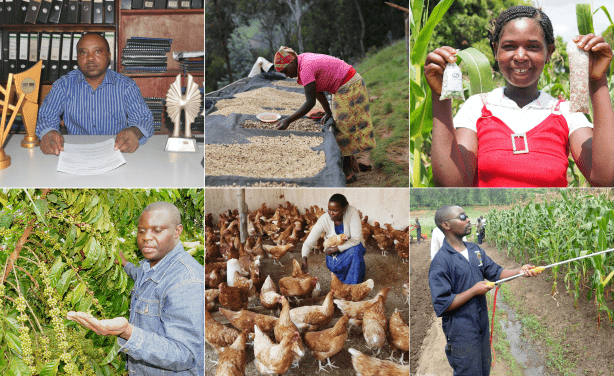As a result of the effect of Covid-19 on economies, the relevance of oil and tourism in boosting the African economy has been withered down. This is according to Economists at the International Monetary Fund and the Renaissance Capital.
They said that countries that have a strong and vast agricultural sector would turn the corner faster than countries that are heavily dependent on oil and tourism. This is because Covid-19 has greatly affected these businesses in different ways.
However, with agriculture, these problems are not an issue. “Growth in more diversified economies will slow significantly, but in many cases will still be positive in 2020,” the IMF said in its Economic Outlook report for sub-Saharan Africa released in October.
“Oil exporting countries have also been hit hard, with an average contraction in 2020 projected at negative four per cent, while non-oil commodity exporters are expected to contract by negative 4.6 percent.”
Growth in more diversified economies such as Côte d’Ivoire and Rwanda will slow significantly, but will still be positive in 2020.
“We think the Kenyan economy remains on track to grow by 1.5 percent in 2020 due to agriculture’s strong growth and the easing of Covid-19 restrictions in the second half of the year. We believe significantly tighter restrictions and the unlikely re-imposition of lockdown will support a pickup in growth to 4.2 percent in 2021,” economists at Renaissance Capital said through their Macroeconomic update report for sub-Saharan Africa dated November 2020.
“If a country has good rains and agriculture is a sizeable sector, that economy should see growth in 2020 despite the Covid-19 pandemic,” they said.
They encouraged more African countries to increase their investment in agriculture to be able to have a more positive outlook in 2021.


